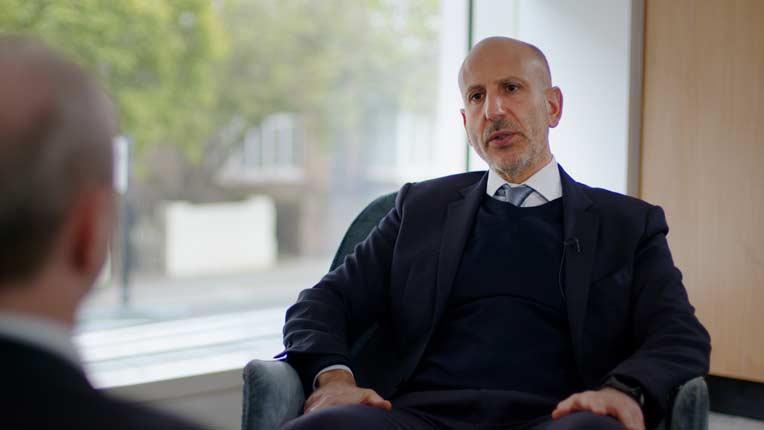The information contained within is for educational and informational purposes ONLY. It is not intended nor should it be considered an invitation or inducement to buy or sell a security or securities noted within nor should it be viewed as a communication intended to persuade or incite you to buy or sell security or securities noted within. Any commentary provided is the opinion of the author and should not be considered a personalised recommendation. The information contained within should not be a person's sole basis for making an investment decision. Please contact your financial professional before making an investment decision.
 Apple Turns Sour for Large-Cap Funds
Apple Turns Sour for Large-Cap Funds
FUND SPY: Which widely held, actively managed equity funds have been hurt by the world’s largest ...
 Gartmore MM Active: Qual. Rating Updated
Gartmore MM Active: Qual. Rating Updated
We think there are positive signs at Gartmore Multi-Manager Active.
 Templeton Growth: Qual. Rating Issued
Templeton Growth: Qual. Rating Issued
We like the people and process at Templeton Growth, but the execution hasn’t matched our expectat...
 Templeton Global (Euro): Qual. Rating Issued
Templeton Global (Euro): Qual. Rating Issued
We think Templeton Global Euro should be better than it is.
 Templeton Global: Qual. Rating Issued
Templeton Global: Qual. Rating Issued
We think Templeton Global looks good in theory but in practice it’s less compelling.
 Are FTSE Mining Companies Cheap Right Now?
Are FTSE Mining Companies Cheap Right Now?
Mining companies are operating in a challenging environment but could now be the time to top up o...
 Advice for George Osborne and Stock Market Regrets
Advice for George Osborne and Stock Market Regrets
THE WEEK: Morningstar columnist Rodney Hobson provides two pieces of advice to George Osborne, an...
 How to Find Solid Dividend-Paying Stocks
How to Find Solid Dividend-Paying Stocks
Businesses that have competitive advantages within their industry are good candidates for dividen...
 10 Top-Performing Funds in the UK
10 Top-Performing Funds in the UK
Morningstar reveals the top 10 best performers over the last five years
 Fund Research: Europe’s Shining Stars
Fund Research: Europe’s Shining Stars
Morningstar OBSR reveals the top funds for investors seeking exposure to European equities
 MICUK: We Should See UK Rate Cuts Soon, Bond Manager Says
MICUK: We Should See UK Rate Cuts Soon, Bond Manager Says
VIDEO: Jupiter fixed income manager Ariel Bezalel says that falling inflation opens the door for ...
 Magnificent 7 Stocks: US Tech Earnings in Full
Magnificent 7 Stocks: US Tech Earnings in Full
UPDATED: Here's what our analysts thought of Tesla, Meta, Alphabet, Apple, Amazon and Microsoft r...
 Apple Earnings: iPhone Growth Forecasts Drive Change in Fair Value
Apple Earnings: iPhone Growth Forecasts Drive Change in Fair Value
We expect a better 2025 for Apple stock as the iPhone 16 launches with generative AI functionality
 Ahead of Berkshire Hathaway's AGM, is the Stock a Buy?
Ahead of Berkshire Hathaway's AGM, is the Stock a Buy?
We take a deep dive into the prospects of Warren Buffett’s wide-moat behemoth ahead of Saturday's...
 Novo Nordisk Earnings Beat Estimates on Weight Loss Sales
Novo Nordisk Earnings Beat Estimates on Weight Loss Sales
Morningstar has raised the fair value estimate for the Danish pharma stock, but shares are still ...

Morningstar.co.uk Editors analyse and report on shares, funds, market developments and good investing practice for individual investors and their advisers in the UK.